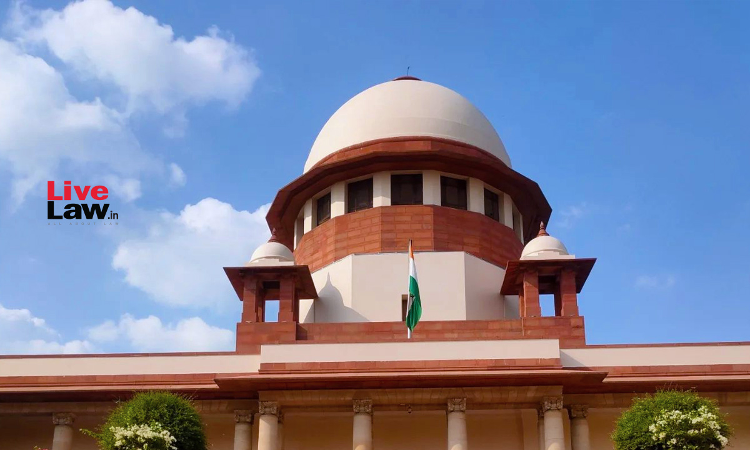High Courts Are Not Subordinate ; But SC Judgments Has To Be Dealt With Due Respect : Supreme Court
Ashok KM
23 Nov 2022 9:14 PM IST

Next Story
23 Nov 2022 9:14 PM IST
The Supreme Court observed that its judgments have to be dealt with 'due respect' even though High Courts are not subordinate to it.The judgments of this Court are binding on everyone under Article 141 of the Constitution of India, the bench of Justices BR Gavai and Vikram Nath observed.In this case, the Sessions Court rejected the remand application made by the Police for remand of some...
